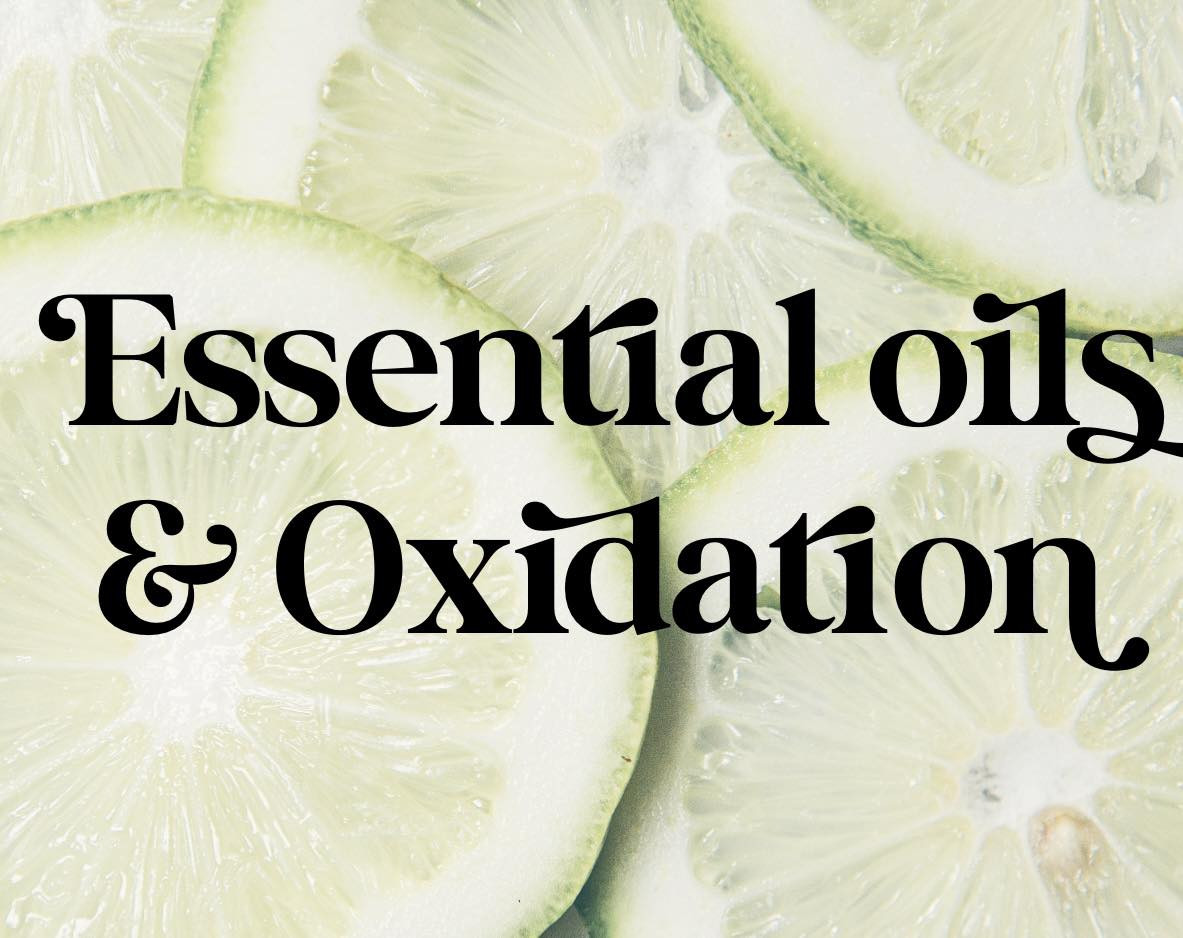
As someone who is interested in the benefits of essential oils, it's important to understand the concept of oxidation. Essential oils are made up of volatile compounds that can easily react with oxygen molecules in the air, causing them to break down over time. This process is known as oxidation, and it can significantly impact the potency and efficacy of your essential oils.
To prevent oxidation, it's important to handle your essential oils with care. Avoid exposing them to heat, light, and air, as these factors may speed up the oxidation process over time. Always store your oils in dark glass bottles with tight-fitting lids to prevent air and light from getting in.
In some cases, oxidized essential oils may still be safe to use, but they may have lost some of their therapeutic benefits. Signs of oxidation can include a change in color, a bitter or rancid odor, and a reduction in potency. If you suspect that your oils have become oxidized, it's typically best to replace them and start fresh with a new batch.
Essential Oils That Can Oxidize Over Time:
Angelia Frankincense
Angelia Frankincense
Anice Galbanum
Caraway Juniper
Celery Lemon balm
Cistus Myrtle
Citrus Oils Pepper
Cypress Pine
Cistus Myrtle
Citrus Oils Pepper
Cypress Pine
Dill Sage
Elemi Spruce
Fennel Star Anise
Fir oils Tea Tree
Fleabane Verbena
Fennel Star Anise
Fir oils Tea Tree
Fleabane Verbena
While oxidation is an important factor to consider when working with essential oils taking steps to prevent oxidation you can help preserve the potency and efficacy of your oils, ensuring that you get the most out of their therapeutic benefits.
Do you have some oils that you are questioning if they are good or not? Shoot me a message!
Do you have some oils that you are questioning if they are good or not? Shoot me a message!


0 Comments